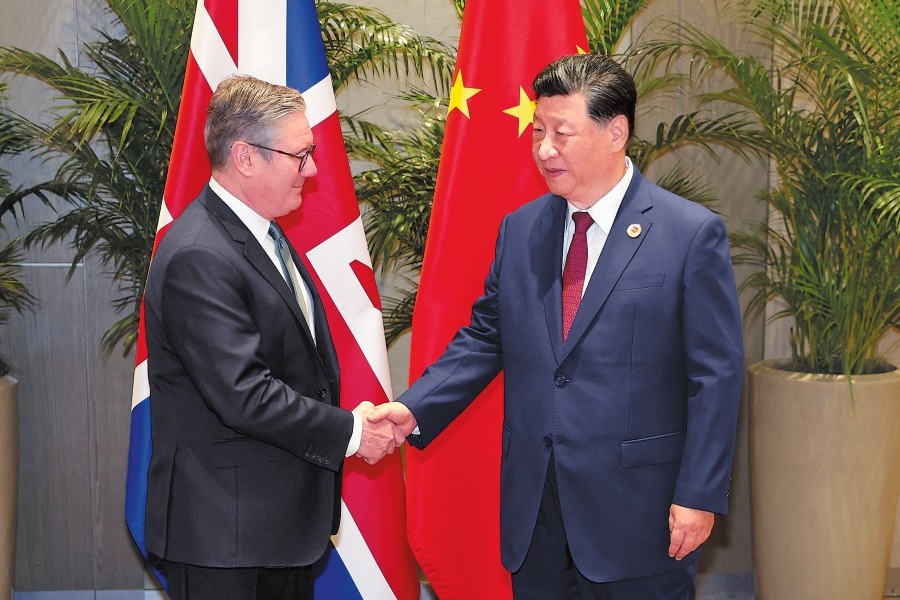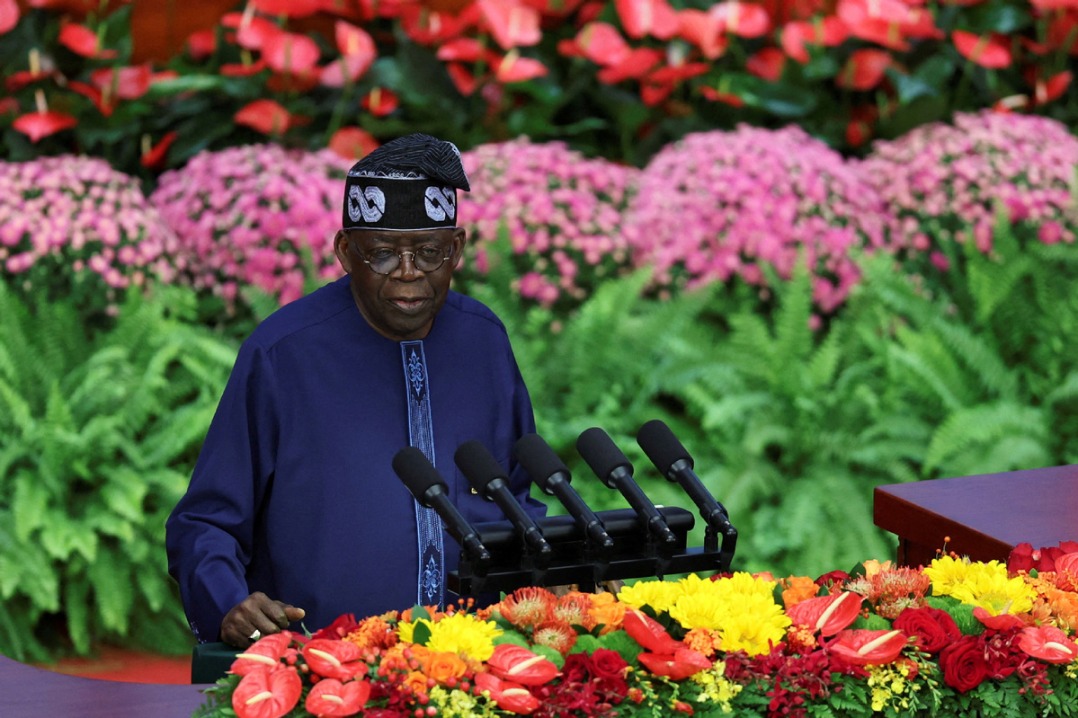Economic momentum of China hailed 'beneficial'

China's remarkable economic momentum offers ASEAN member states an extraordinary chance to achieve shared progress, said a senior Malaysian official, calling on regional nations to deepen connections with Beijing to jointly build a peaceful and prosperous Asia.

"A country benefits more from unity and collaboration than from going it alone. Simply put, we are stronger when we stand together," Azalina Othman Said, minister in the Prime Minister's Department for Law and Institutional Reform, said in an exclusive interview with China Daily.
"If ASEAN does not leverage the opportunities arising from China's growth, which Malaysia has already benefited from, the region risks losing out," Azalina said.
Since Malaysia pioneered the establishment of diplomatic ties with China in 1974, the bilateral relationship has grown significantly in scope and depth, she said.
China has been Malaysia's largest trading partner for 15 consecutive years, bolstered by robust trade and investment exchanges.
Azalina highlighted that Malaysian industries have seen strong demand from Chinese consumers, citing the success of Malaysia's durian exports to China. "Some Malaysians have become millionaires just by selling durians to China, the world's largest importer and consumer of this fruit," she said.
Tourism has also become a significant area of cooperation, with Malaysia now one of the top destinations for Chinese tourists in Southeast Asia, further strengthening the people-to-people ties between the two nations, she noted.
Azalina stressed that ASEAN as a whole has felt "the positive spillover effects" of China's development over the past two decades. "Initially, it was through the trade of competitively priced goods and outbound investments from Malaysia and Singapore into China. More recently, it has been reflected in Chinese inbound investments into ASEAN, including through the Belt and Road Initiative," she added.
Data show that China has been ASEAN's largest trading partner for 15 consecutive years, and ASEAN has been China's largest trading partner for four straight years.
The minister praised the BRI as a powerful catalyst for regional economic growth. "The opportunities arising from the BRI, especially in the Malaysia-China nexus but also for ASEAN, are immense," she said.
Azalina added: "One concrete example: BRI cooperation has driven demand for arbitration services. During Malaysia's ASEAN 2025 Chairmanship, we will promote arbitration reform, seeking to further position the bloc as a global leader in alternative dispute resolution."
Looking to the future, Azalina pointed out that ASEAN, with its population of 700 million people and its status as the world's fifth-largest economy, holds vast untapped potential and will continue to grow. She said: "For economic development, it is necessary to have a good legal framework. Our objective is to boost the region's appeal as an arbitral destination."
China-ASEAN cooperation in various areas has brought about beneficial outcomes, contributing to the development and strength of the region as a whole, Azalina noted.
She underscored that a fragmented geopolitical environment would not be conducive to growth. "ASEAN will always keep our doors open to trade, fostering a cooperative environment for economic prosperity."
zhaojia@chinadaily.com.cn


































